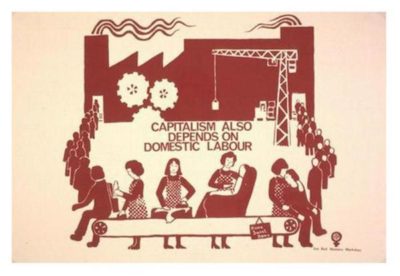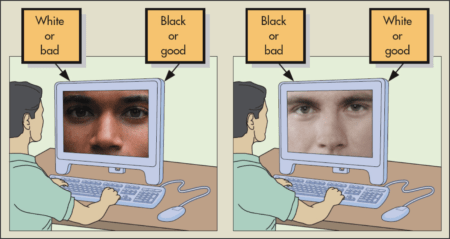In the recent edited collection Social Reproduction Theory, Tithi Bhattacharya and others make timely contributions to Marxist feminism.
Their main message is that rather than commodities, labor plays a central role in both production and the social reproduction of society. Contrary to dual-system theory, Bhattacharya and others see social reproduction theory as offering a unitary account of production and reproduction. Unlike many early Marxists, however, they center labor and class conflict in explaining both.
I’ll take a closer look at Bhattacharya’s introduction to the volume, as well as her essay in the collection. I think her work, in particular, best captures the spirit of the approach.




